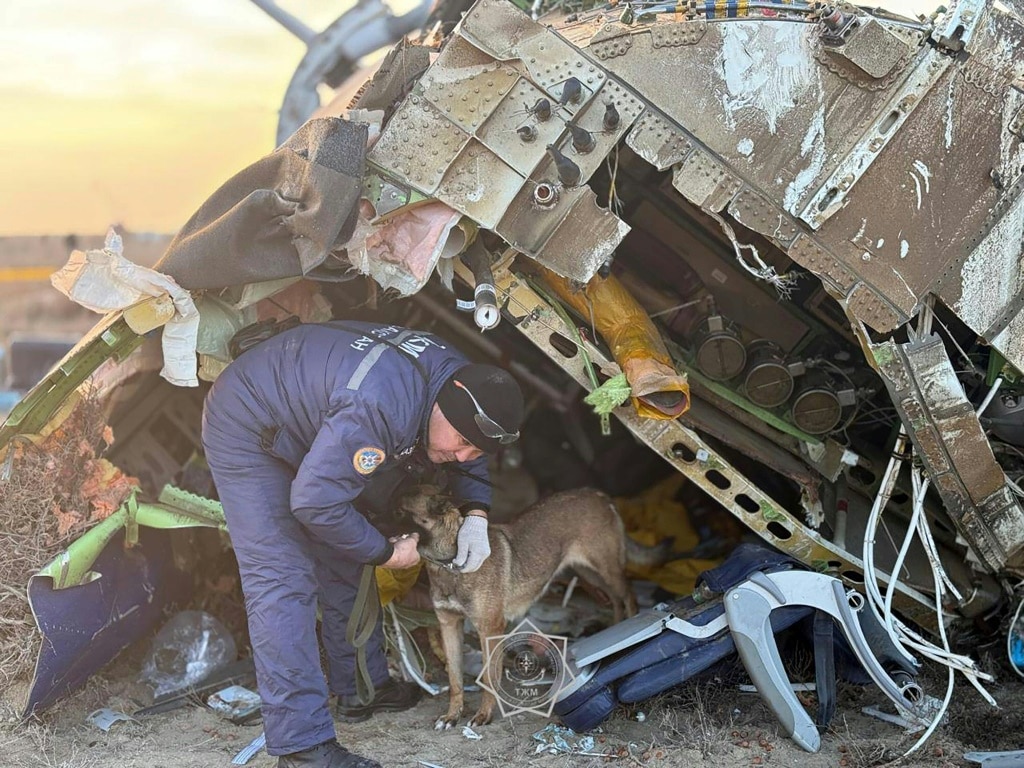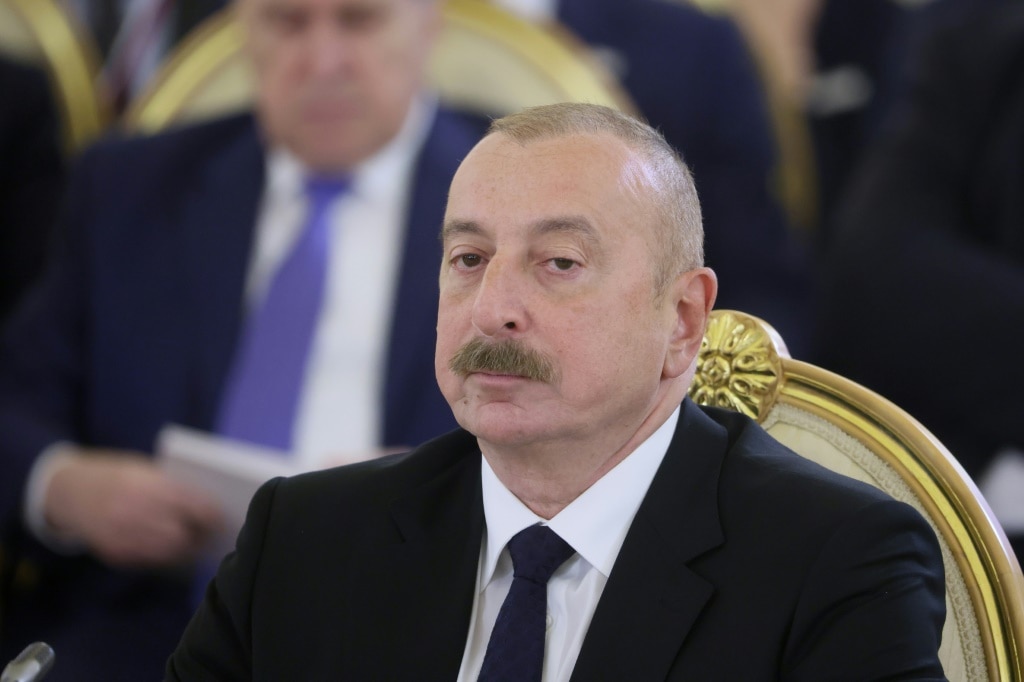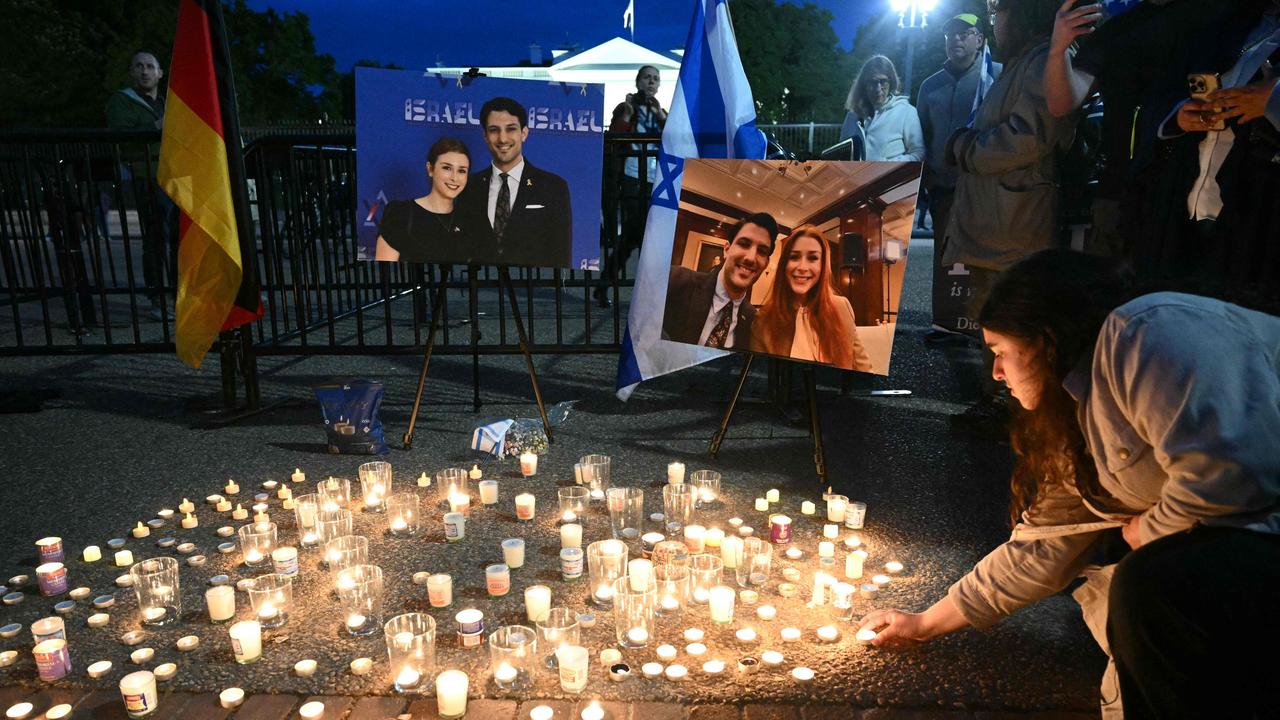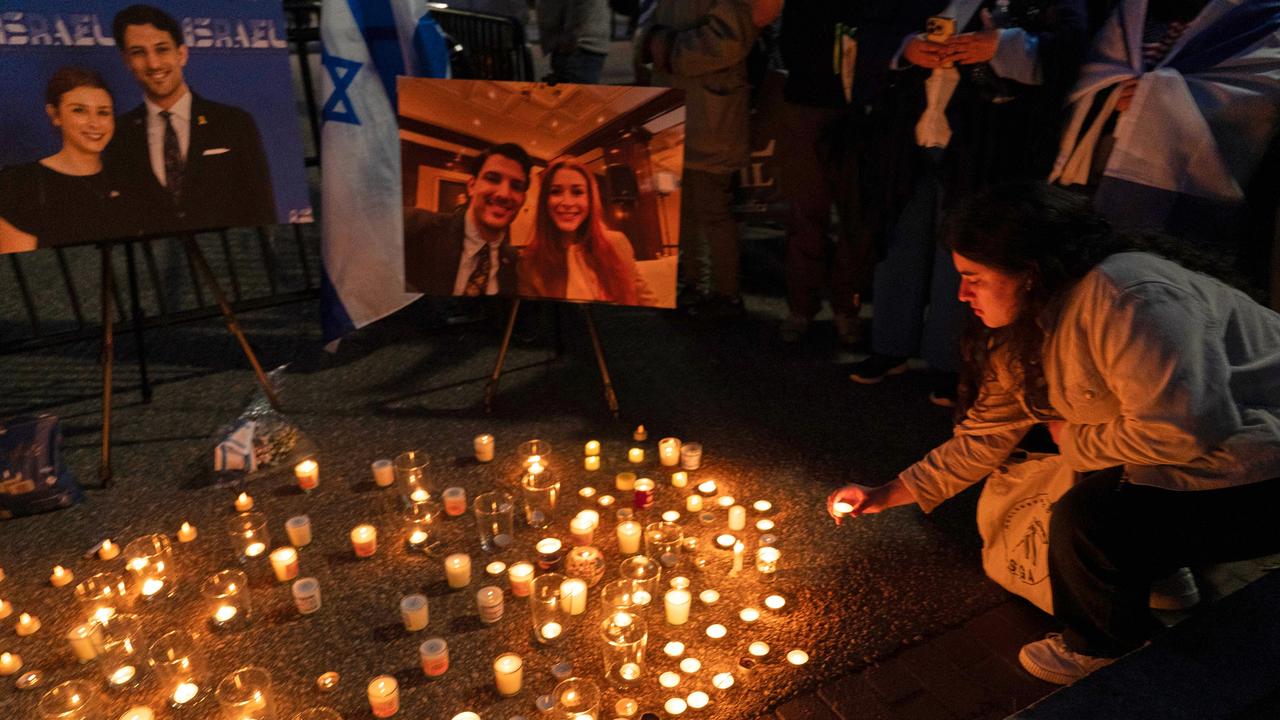Moscow ‘vows to punish those responsible for Kazakhstan plane crash
Azerbaijan’s prosecutor general says Russia has pledged to ‘identify the guilty’ after surprising confrontation that shows Moscow’s waning influence over former Soviet territories.
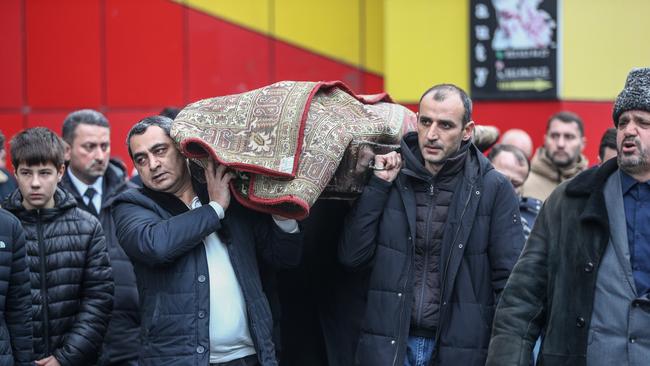
Azerbaijan has said Moscow has promised to punish those responsible for the downing of an Azerbaijan Airlines plane that Baku says was shot at by Russian air defences.
The country’s president has accused Russia of trying to cover up its role in the plane crash that killed 38 people, delivering a harsh condemnation that signalled a reversal of the power dynamics that long saw Moscow hold sway over its former Soviet republics.
President Ilham Aliyev said Sunday that Azerbaijan had laid out for the Kremlin the necessary conditions to satisfy the country, demanding that Russia take responsibility for causing the crash, provide compensation for the country and victims’ families, and bring those guilty of downing the plane to justice.
Russian President Vladimir Putin, in a Saturday phone call, apologised to the Azeri leader for the “tragic incident” that occurred in Russian airspace, but he stopped short of taking responsibility. On Sunday, Aliyev said the apology hadn’t been enough. The two leaders spoke again on Sunday.
Azerbaijan’s prosecutor general reported on Monday (local time) that the head of Russia’s Investigative Committee had told Baku: “Intensive measures are being carried out to identify the guilty people and bring them to criminal responsibility.”
Russia has opened a criminal inquiry into the incident. But it has not said whether it agrees that the plane was hit by one of its air-defence missiles and has not itself said anything about finding or bringing any perpetrators to justice.
The recriminations represent one of the biggest confrontations between Russia and the leaders in former Soviet territories whom it once treated as little more than subordinates in its strategic backyard. The dispute illustrates Moscow’s waning power and influence in the region after its invasion of Ukraine.
Aliyev’s remarks on Sunday lacked the deference and diplomacy that have long governed Azerbaijan’s relations with Russia. He said that the crash was caused by Russian electronic interference and fire from the ground and that Russian authorities’ explanations — which faulted a flock of birds and an exploding gas cylinder — were “foolish and dishonest.” “This clearly showed that the Russian side wanted to cover up the issue, and of course, this is something no one can be proud of,” Aliyev said.
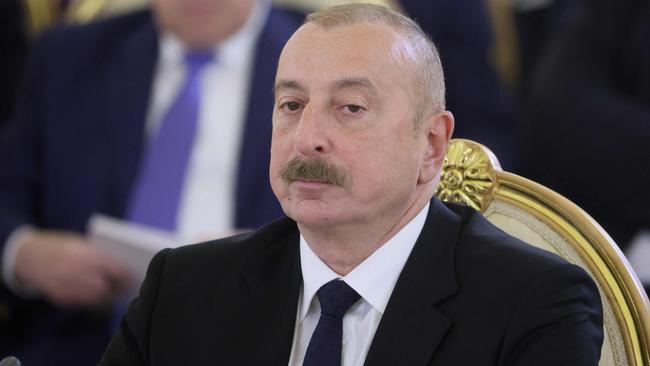
Preliminary results of Azerbaijan’s investigation into the crash indicated that a missile from a Russian air-defence system hit the Embraer 190 aircraft and that Russian authorities diverted it out of Russian airspace, people briefed on the matter said. On Sunday, Aliyev said that Azerbaijan was investigating whether the plane was intentionally diverted by Russia in the hopes that the damaged aircraft, already flying uncontrollably, would simply fall into the Caspian Sea.
The Azeri leader praised the pilots, who managed to fly the plane even as they struggled against what aviation experts said were likely puncture holes in the aircraft’s vertical stabiliser. The crew battled for more than an hour to maintain speed and altitude, with the aircraft rising and falling as much as 8,000 feet numerous times. The plane crashed in the city of Aktau in western Kazakhstan; 29 people on the flight survived.
While Western leaders have long taken a more confrontational approach with Moscow, countries closer — and more vulnerable — to Russia have followed a pragmatic approach to the Kremlin, trying to build ties with other regional and global powers without angering Moscow. The furore in Azerbaijan over the incident lays bare Russia’s diminished influence in swathes of its former empire and beyond in the wake of its war in Ukraine.
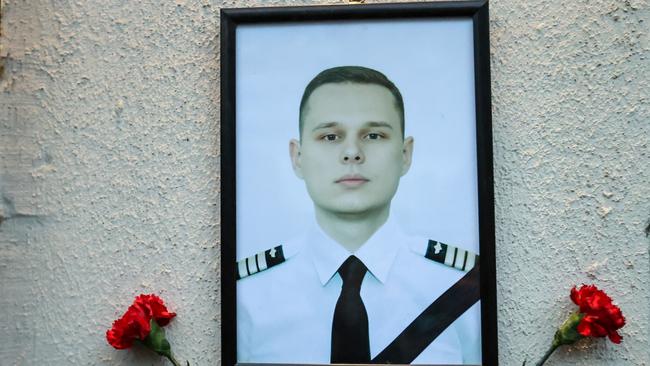
Over the past decade, Russia has sought a bigger role on the world stage, making inroads into the Middle East and the Arctic while trying to keep a hold on the territories it considered closer strategic priorities in the South Caucasus — Armenia, Azerbaijan and Georgia — as well as Central Asia, located between Russia and China.
Russia is still a significant preoccupation for U.S. and European policymakers, who are trying to keep Ukraine conflict from spreading as they accuse the Kremlin of a policy of sabotage and espionage against the West.
Fissures in Russia’s power projects are growing with the Kremlin’s increased focus on Ukraine. Russia’s decision to withhold aid from former Syrian President Bashar al-Assad, who fled Damascus to Moscow this month, showed the limits of Russia’s military power outside Ukraine. That could lead to the loss of Russia’s military bases in Syria, which it used to project authority into the Mediterranean and Africa.
The row with Azerbaijan shows Moscow’s loss of influence closer to home. There Russia had long held the upper hand as a result of historical ties, Moscow’s former role as the world’s second-largest arms exporter, and the countries’ shared energy and transport infrastructure. Moscow even tried to build defence alliances and economic partnerships out of the ashes of the Soviet Union, which Russia and other former republics refashioned in the Commonwealth of Independent States, or CIS, an intergovernmental organisation meant to bind the former republics after the dissolution of the U.S.S.R.
With Moscow facing a drain on its military and economic clout, the levers of control the Kremlin once enjoyed are slipping away.
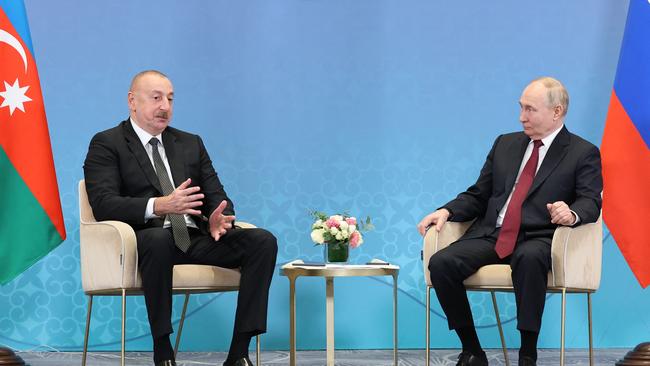
“Putin is losing the relics of soft power that he once was able to use on his CIS partners — and all because of his ‘special operation’,” said Andrei Kolesnikov, a political analyst based in Moscow. “Friendship and personal chemistry between autocrats always disappears in a conflict.” Russia had long played its former Soviet republics against one another in an attempt to maintain leverage over various countries at once. That strategy faltered last year when Azerbaijan launched a military offensive on Nagorno-Karabakh, a territory within Azerbaijan that had long been ruled by ethnic Armenians. Russian peacekeepers in the territory, two of whom were killed in the conflict, failed to stop the violence.
Analysts say their inaction was partly because of the limits of Moscow’s ability to intervene as well as the Kremlin’s conscious decision to punish Armenia for its increasingly pro-Western stance. U.S. soldiers have carried out military exercises with troops in Armenia, including a month before Azerbaijan’s takeover of Nagorno-Karabakh last year.
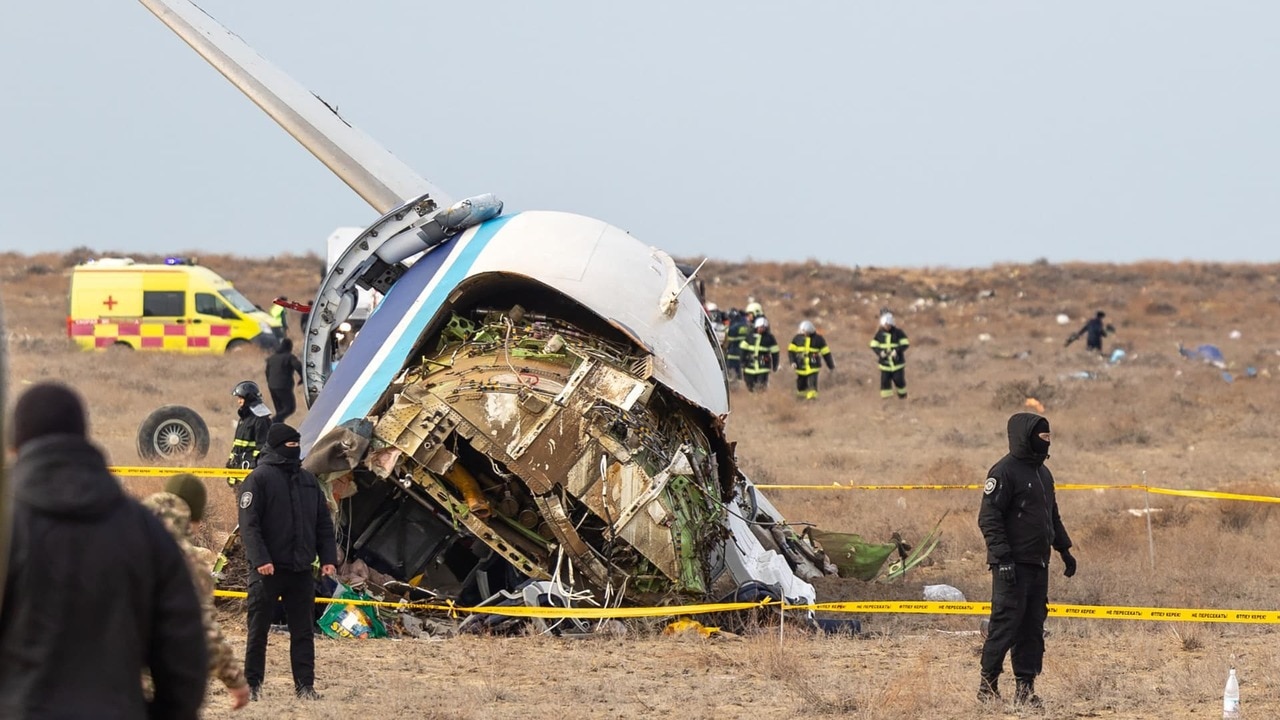
With its relations with Armenia in tatters and its future with Azerbaijan in question, Moscow is under threat of losing more of its influence in the South Caucasus. In neighbouring Georgia, people have protested on the streets of Tbilisi over what they say is their government’s growing proximity to Russia.
More than anything, the increasing power of Turkey in the region has unbalanced the status quo. That goes especially for Azerbaijan, which shares with the country ethnic, linguistic and historical ties. Turkey’s support in the Karabakh war last year was a crucial factor in Azerbaijan’s victory. Ankara’s importance for Russia has increased as Moscow has sought to evade Western sanctions on Turkish territory.
“Losing Azerbaijan — or pushing it toward enmity — poses a significant risk for Russia, as it could also damage Moscow’s relationship with Turkey,” said Zaur Shiriyev, a Baku-based nonresident scholar at the Carnegie Russia Eurasia Center, who focuses on the region.
The Wall Street Journal

